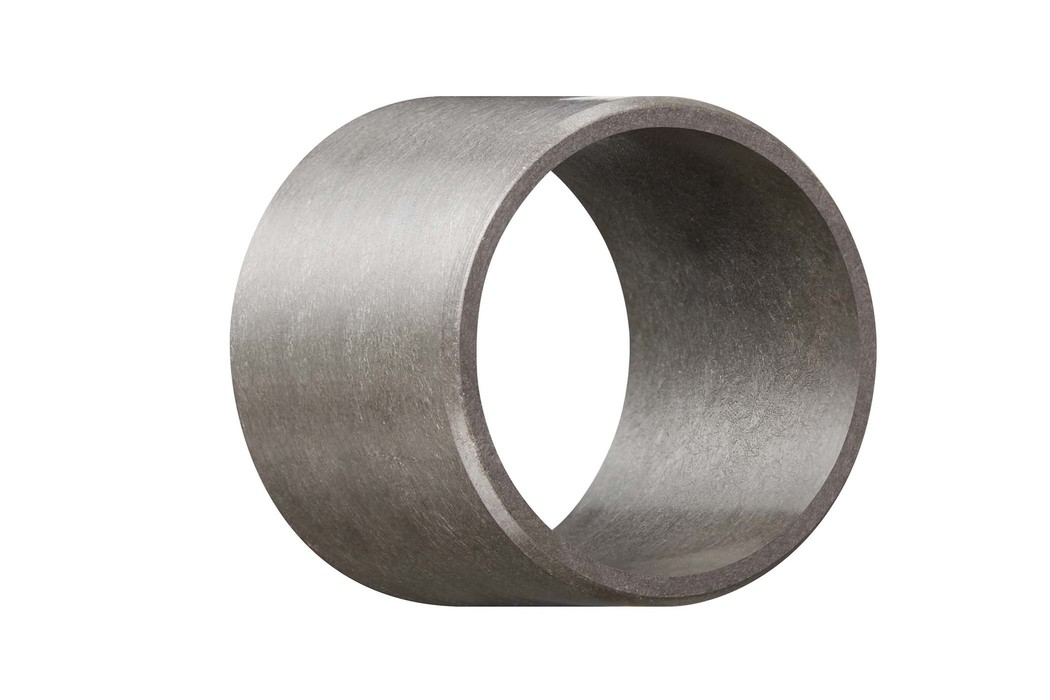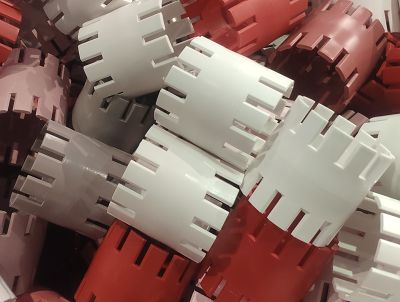Material Hub > Materialien
Materialien
-
Kategorie ThermoplasteEinsatztemperatur -200 – 80 °CDichte 1.007 g/cm³
-
Kategorie ThermoplasteEinsatztemperatur -200 – 105 °CDichte 1.21 g/cm³
-
Kategorie ThermoplasteEinsatztemperatur -200 – 80 °CDichte 0.971 g/cm³
-
Kategorie ThermoplasteEinsatztemperatur -100 – 85 °CDichte 0.99 g/cm³
-
Kategorie ThermoplasteEinsatztemperatur -200 – 80 °CDichte 0.94 g/cm³
-
Kategorie ThermoplasteEinsatztemperatur -269 – 80 °CDichte 0.961 g/cm³
-
Kategorie Austenitic stainless steelEinsatztemperatur –Dichte –
-
Kategorie ThermoplasteEinsatztemperatur -40 – 130 °CDichte 1.46 g/cm³
-
Kategorie ThermoplasteEinsatztemperatur -250 – 80 °CDichte 0.94 g/cm³
-
Kategorie ThermoplasteEinsatztemperatur -60 – 250 °CDichte 1.31 g/cm³
-
Kategorie ThermoplasteEinsatztemperatur < 260 °CDichte 1.31 g/cm³
-
Rhenoguard® Jumbo II (Fluorpolymeren und anorganischen Füllstoffen)
Rhenotherm Kunststoffbeschichtungs GmbH
Kategorie KunststoffbeschichtungEinsatztemperatur -40 – 200Dichte – -
Rhenoguard® Jumbo III (gefüllten Fluorpolymeren und anorganischer Diffusionsperre)
Rhenotherm Kunststoffbeschichtungs GmbH
Kategorie KunststoffbeschichtungEinsatztemperatur -40 – 200Dichte – -
Rhenoguard® Jumbo II/LK (Fluorpolymeren und anorganischen Füllstoffen)
Rhenotherm Kunststoffbeschichtungs GmbH
Kategorie KunststoffbeschichtungEinsatztemperatur -40 – 200Dichte – -
Kategorie KunststoffbeschichtungEinsatztemperatur -40 – 200Dichte –
-
Kategorie KunststoffbeschichtungEinsatztemperatur -40 – 200Dichte –
-
Kategorie KunststoffbeschichtungEinsatztemperatur -40 – 200 °CDichte –
-
Kategorie KunststoffbeschichtungEinsatztemperatur -40 – 250 °CDichte –
-
Kategorie ThermoplasteEinsatztemperatur 0 – 100 °CDichte 0.9 – 0.92 g/cm³
-
Kategorie Bau- und KonstruktionsstähleEinsatztemperatur –Dichte 7.872 kg/dm³





